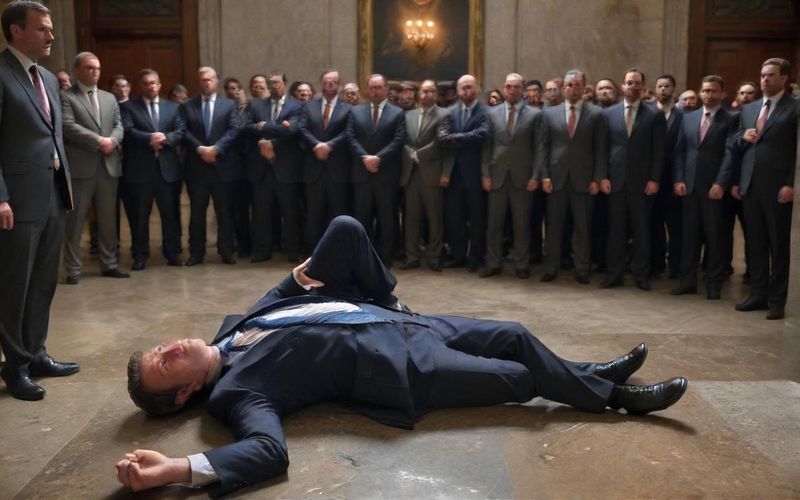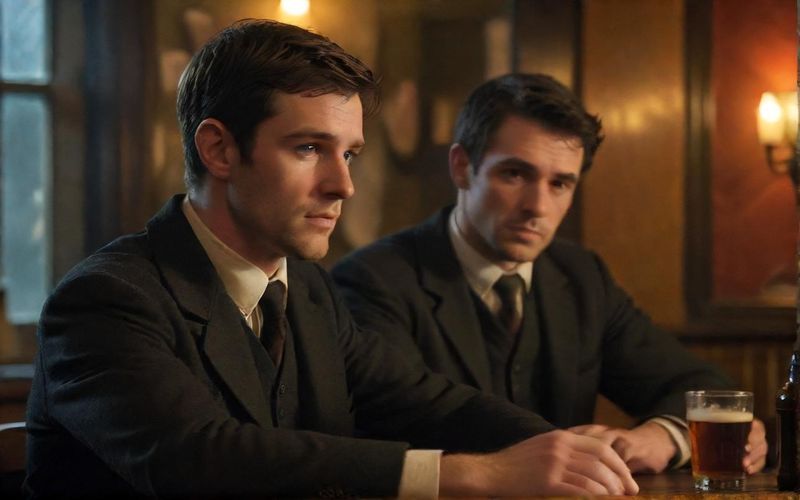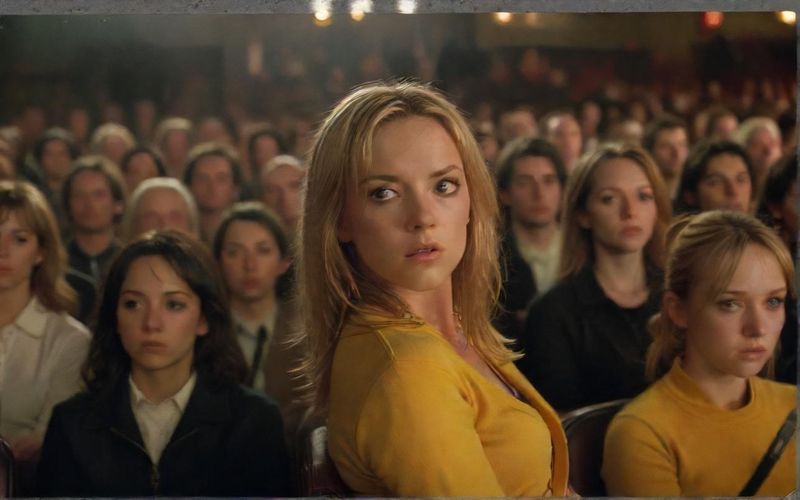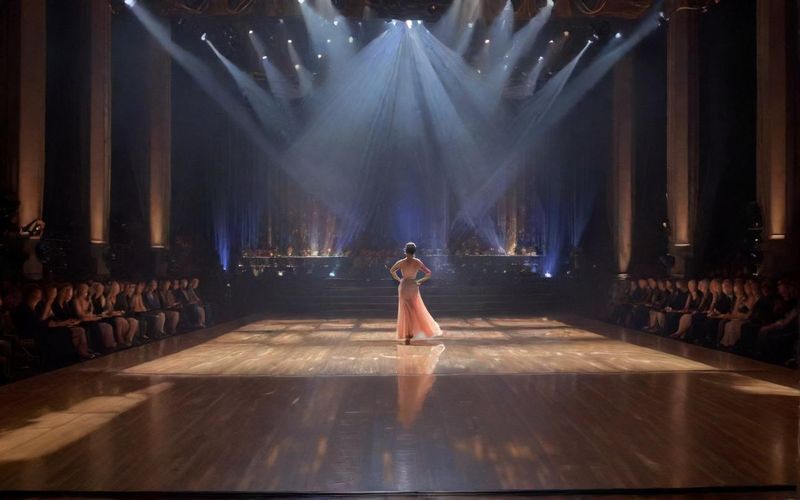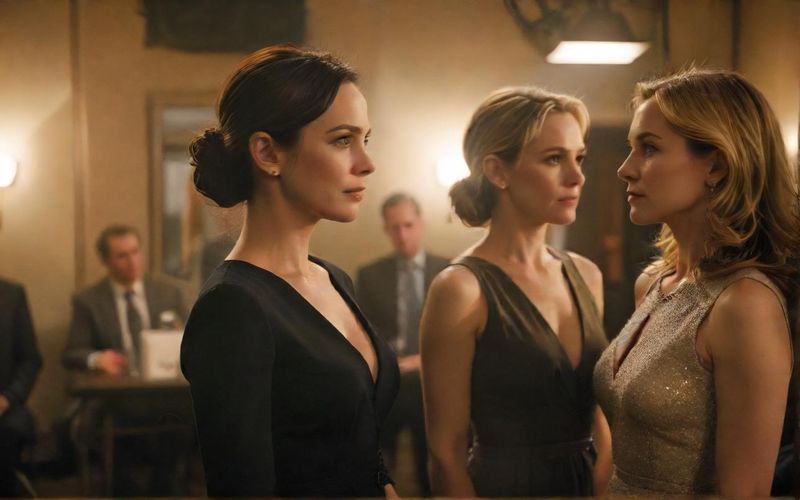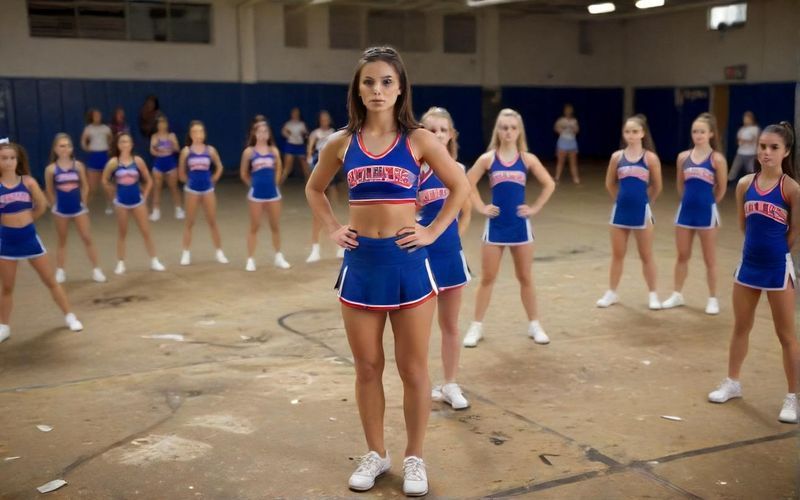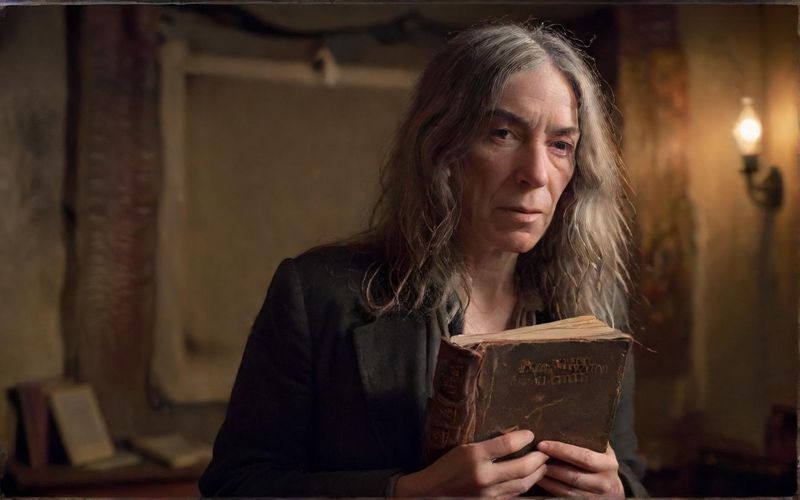McIntyre's Wheel: Is This Game Show Past Its Prime?
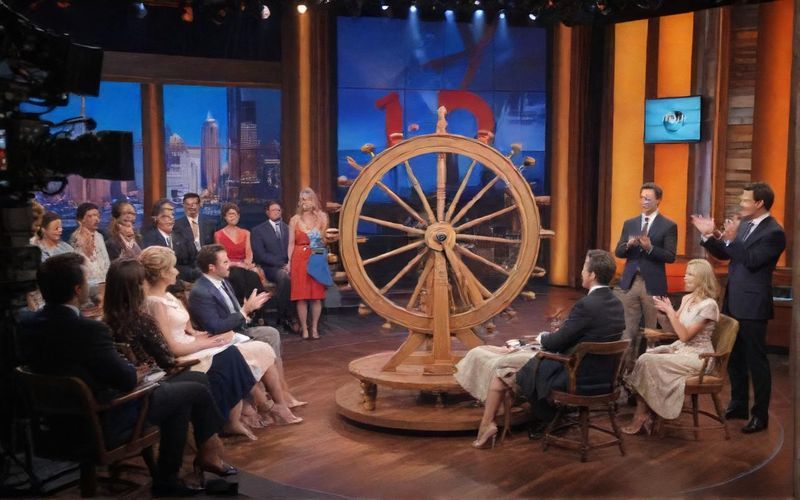
From my vantage point, The Wheel often feels less like a game show and more like a meticulously engineered, albeit accidental, cringe-fest. The premise, a celebrity-laden spinner dictating who answers what, sounds intriguing on paper. It’s meant to be a fun, family-friendly affair, leveraging the comedic charisma of its host, Michael McIntyre, and the general knowledge (or lack thereof) of its celebrity panel. But the execution, I’ve observed, often falls short. It’s a bit like watching a car crash in slow motion – you know it’s not good, but you can’t quite look away.
The core issue, as I see it, lies in the fundamental disconnect between the supposed strategy and the actual gameplay. Contestants are encouraged to “shut down” experts they believe are less knowledgeable, a seemingly logical step. However, the very nature of the wheel means that a contestant might be forced to answer a question on a topic they know nothing about, relying on an expert who is equally clueless. This isn’t a flaw in the contestants; it’s a flaw in the show’s design. It feels like a missed opportunity for genuine intellectual engagement, replaced instead by awkward silences and forced laughter. We saw this play out recently when Colin Jackson, a renowned athlete, was stumped by a simple question involving words with a silent ‘k’. While viewers took to social media to express their surprise, it highlighted how the show can expose individuals in a way that feels more embarrassing than entertaining.
Adding to this, the show often dedicates an inordinate amount of airtime to the mechanics of the wheel itself – the spins, the celebrity dances, the host’s enthusiastic patter. While McIntyre’s observational humor is a known quantity, the sheer volume of time spent on these elements leaves less room for the actual quiz. It’s this emphasis on spectacle over substance that leaves me feeling like the show is prioritizing style over genuine intellectual play.
However, to dismiss The Wheel entirely would be to ignore the compelling human stories that often emerge from its contestants. Despite the perceived flaws in the format, the show has undeniably provided life-changing sums of money to individuals facing significant hardship. The story of Sally, a lollipop lady who received an all-clear from lung cancer and went on to win a staggering £110,000, is a testament to the show's ability to offer hope and tangible reward. Similarly, Gordon’s £31,000 win, with a portion dedicated to charity in memory of his child, speaks volumes about the emotional resonance such programs can achieve, even amidst the perceived silliness. It’s in these moments of genuine human triumph that the entertainment value of The Wheel truly shines, transcending the game’s structural critiques.
Perhaps the enduring appeal of The Wheel, and the reason it continues to hold a place in the Saturday night lineup, isn’t about its intellectual rigor or its strategic depth. It's about the escapism it offers, the shared experience of watching familiar faces grapple with the unexpected, and the possibility of a remarkable windfall. The trending topic of michael mcintyre’s show is a testament to its cultural footprint, even if it’s a footprint that garners mixed reviews. As families gather, seeking a moment of shared distraction, The Wheel, in its own unique, sometimes baffling way, continues to serve a purpose. But one has to wonder, in an era of increasingly sophisticated entertainment, how long can a show built on such a wobbly foundation truly spin?
